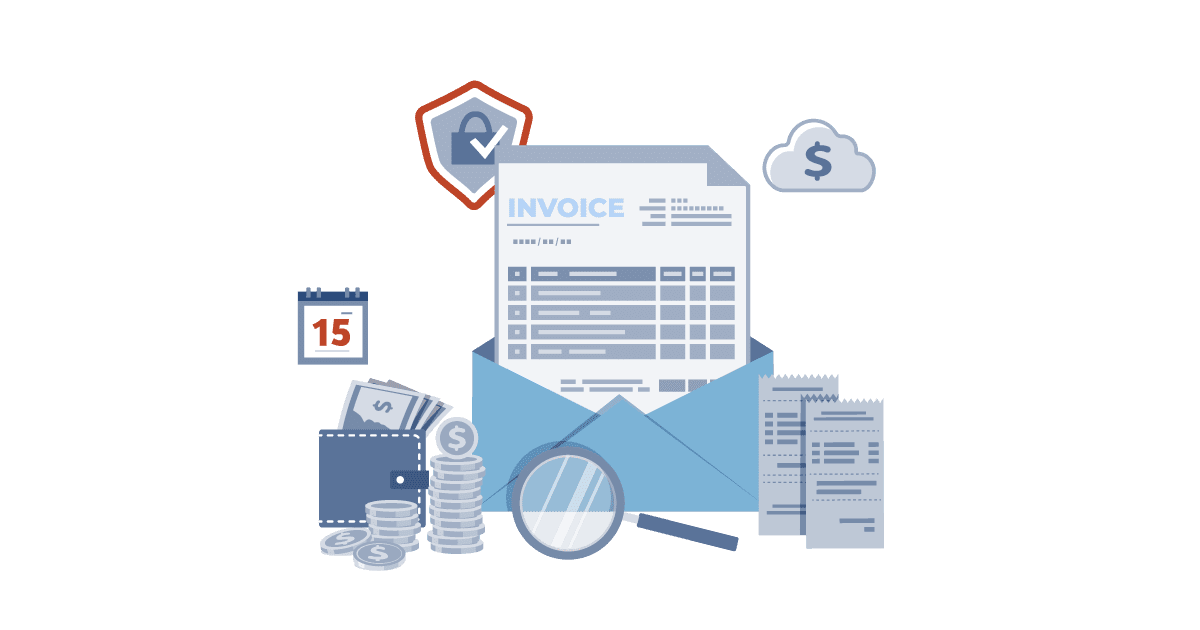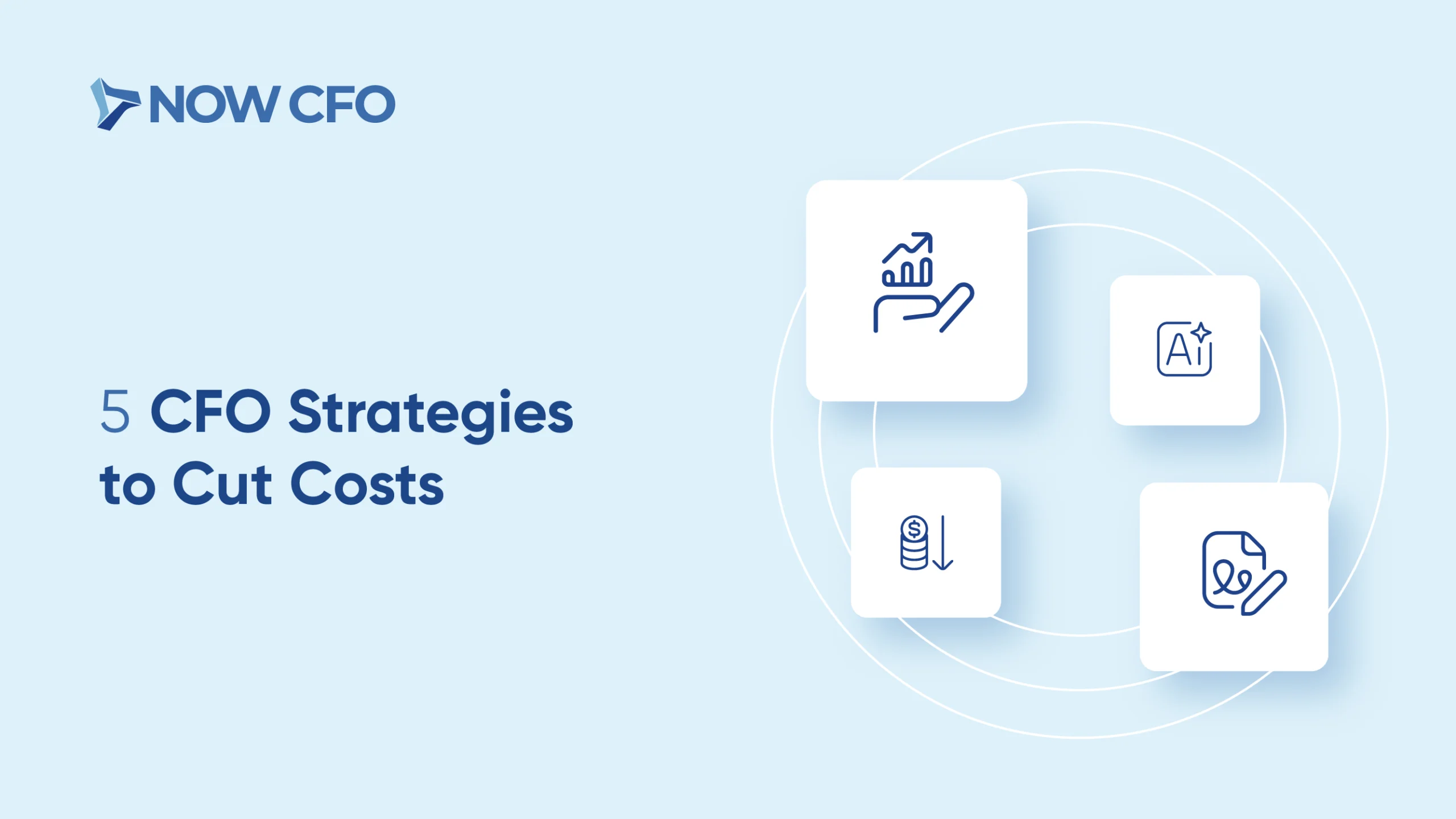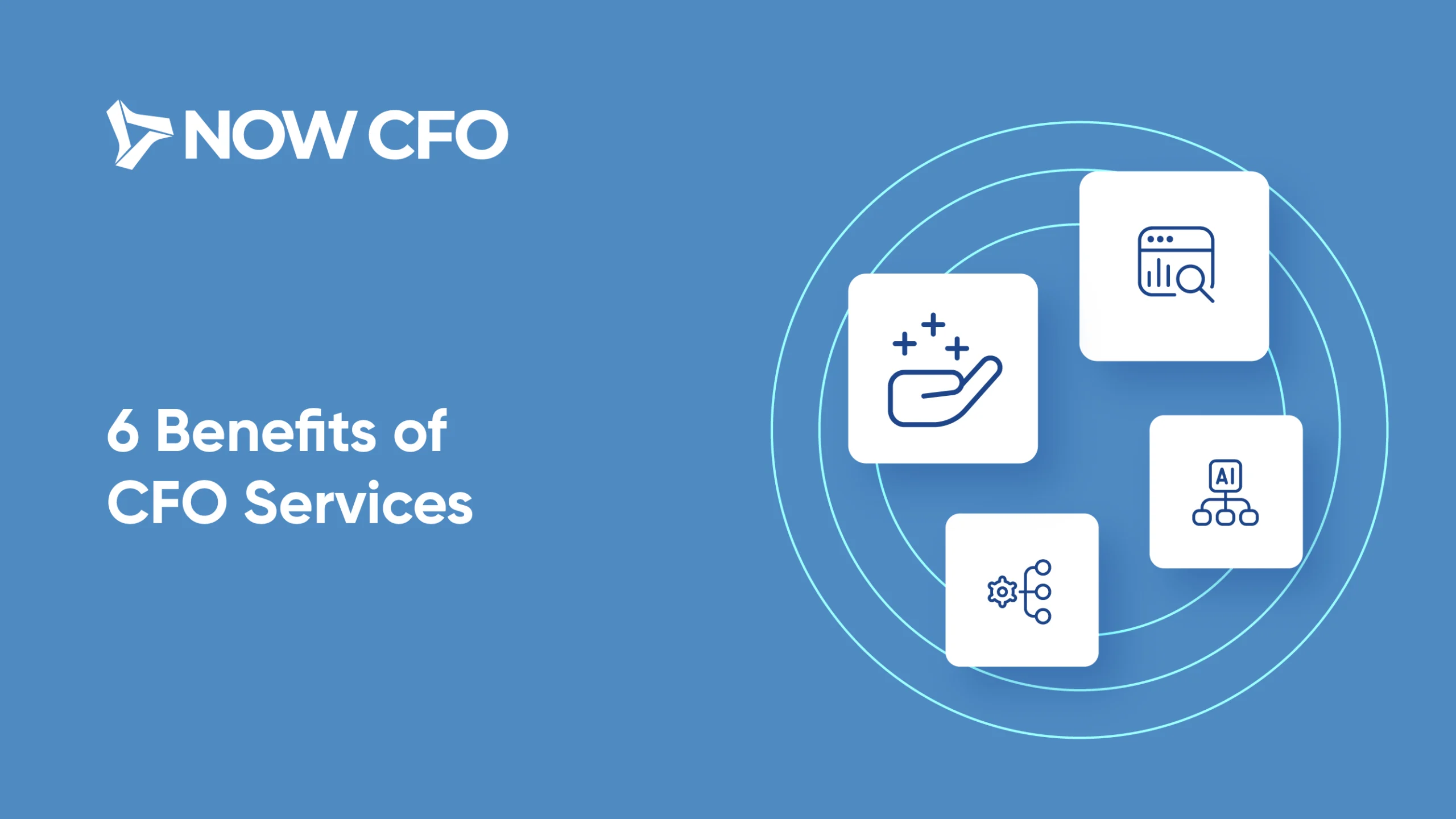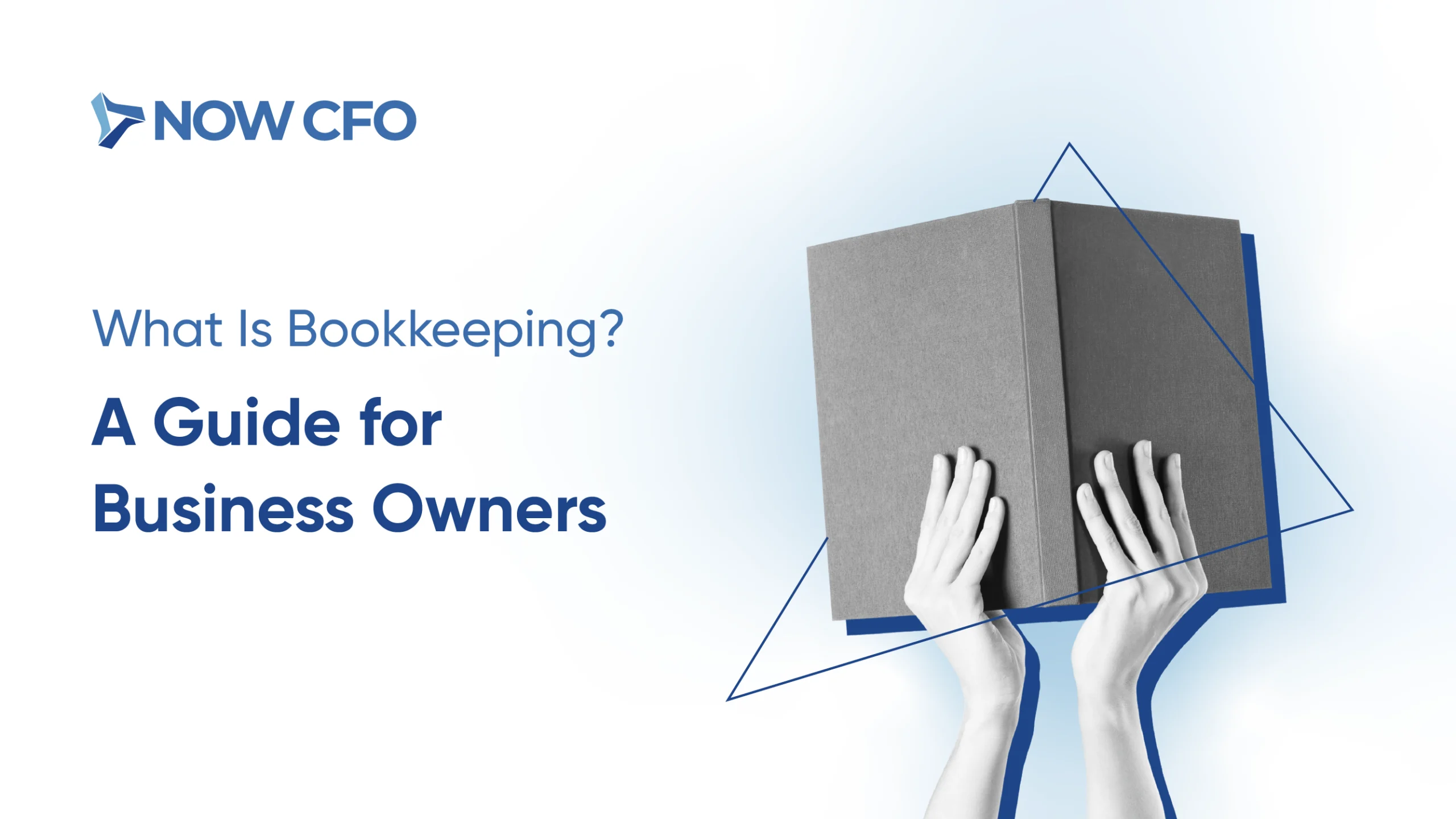
In today’s fast-paced business environment, having an efficient and reliable accounting system is not just a luxury but a necessity. An effective accounting system is crucial for managing financial information accurately, ensuring compliance with regulations, and making informed business decisions. However, developing and improving an accounting system can seem daunting for many businesses.
Understanding the Need for a Robust Accounting System
Before diving into the development process, it’s essential to understand why a robust accounting system is vital. It provides accurate financial records, aids in budgeting and forecasting, ensures regulatory compliance, and offers insights into strategic decision-making. Businesses risk financial mismanagement, legal penalties, and poor strategic choices without an efficient system.
Steps to Develop and Improve Your Company’s Accounting System
Assess Current Accounting Practices
The first step is to evaluate your current accounting system. Identify the strengths, weaknesses, and areas needing improvement. This assessment should cover how financial data is collected, recorded, processed, and reported. Consider the efficiency of current software, the skills of your accounting team, and the clarity of your financial procedures.
Define Your Accounting Needs
Consider the specific needs of your business. Do you require a system that integrates inventory management? Do you need advanced reporting capabilities? Understanding your unique requirements will guide you in selecting or developing a suitable accounting system.
Choose the Right Accounting Software
Selecting the right accounting software is critical. The market offers a range of software, from basic bookkeeping to advanced systems with AI capabilities. Look for software that aligns with your business size, industry, and specific needs. Ensure it is user-friendly, scalable, and offers robust data security.
Implement Standard Accounting Procedures
Develop and document standard accounting procedures. This should include guidelines for recording transactions, managing accounts payable and receivable, handling payroll, and generating financial reports. Standardized procedures ensure consistency and accuracy in your financial records.
Train Your Team
Effective use of an accounting system requires a skilled team. Provide training for your accounting staff on the new system and procedures. Consider ongoing training to keep them updated with the latest accounting standards and software updates.
Automate Processes Where Possible
Automation can significantly enhance the efficiency of your accounting system. Automate routine tasks like data entry, invoice processing, and report generation. This not only saves time but also reduces the risk of human error.
Ensure Compliance with Accounting Standards
Your accounting system should comply with relevant accounting standards and regulations. This includes Generally Accepted Accounting Principles (GAAP) or International Financial Reporting Standards (IFRS), depending on your location and business type.
Regularly Review and Update the System
The business world is constantly evolving, and so should your accounting system. Regularly review and update your system to adapt to new business challenges, technological advancements, and regulatory changes.
Integrate with Other Business Systems
Integrate your accounting system with other business systems such as CRM, ERP, or inventory management systems for optimal efficiency. This ensures seamless data flow and provides a comprehensive view of your business operations.
Monitor and Analyze Financial Data
An effective accounting system is not just about recording data; it’s also about analyzing it to gain insights. Regularly review your financial data to identify trends, monitor business performance, and make informed financial decisions.
Overcoming Challenges in System Development
Developing an accounting system can come with challenges like resistance to change, data migration issues, and training requirements. Address these challenges by involving your team in the development process, choosing a user-friendly system, and providing adequate support during the transition.
Partnering with NOW CFO, your outsourced CFO, controller, accounting, and finance experts can be a game-changer in this process. Our expertise and guidance can help tailor an accounting system that aligns perfectly with your business needs, ensuring smooth implementation, compliance with the latest financial regulations, and ongoing support. With NOW CFO by your side, you can confidently navigate the complexities of modern financial management and lay a solid foundation for your business’s financial health and growth.










